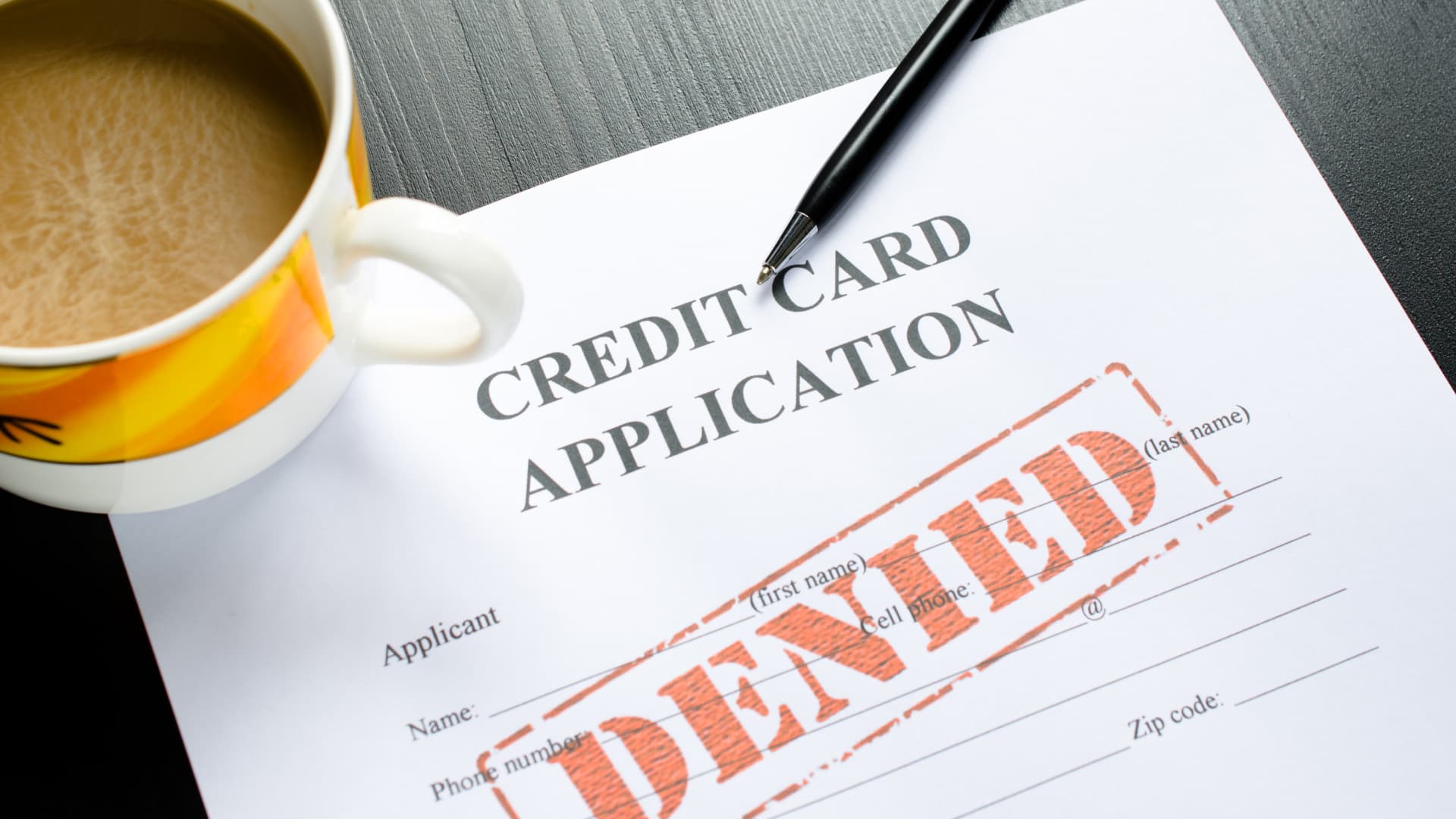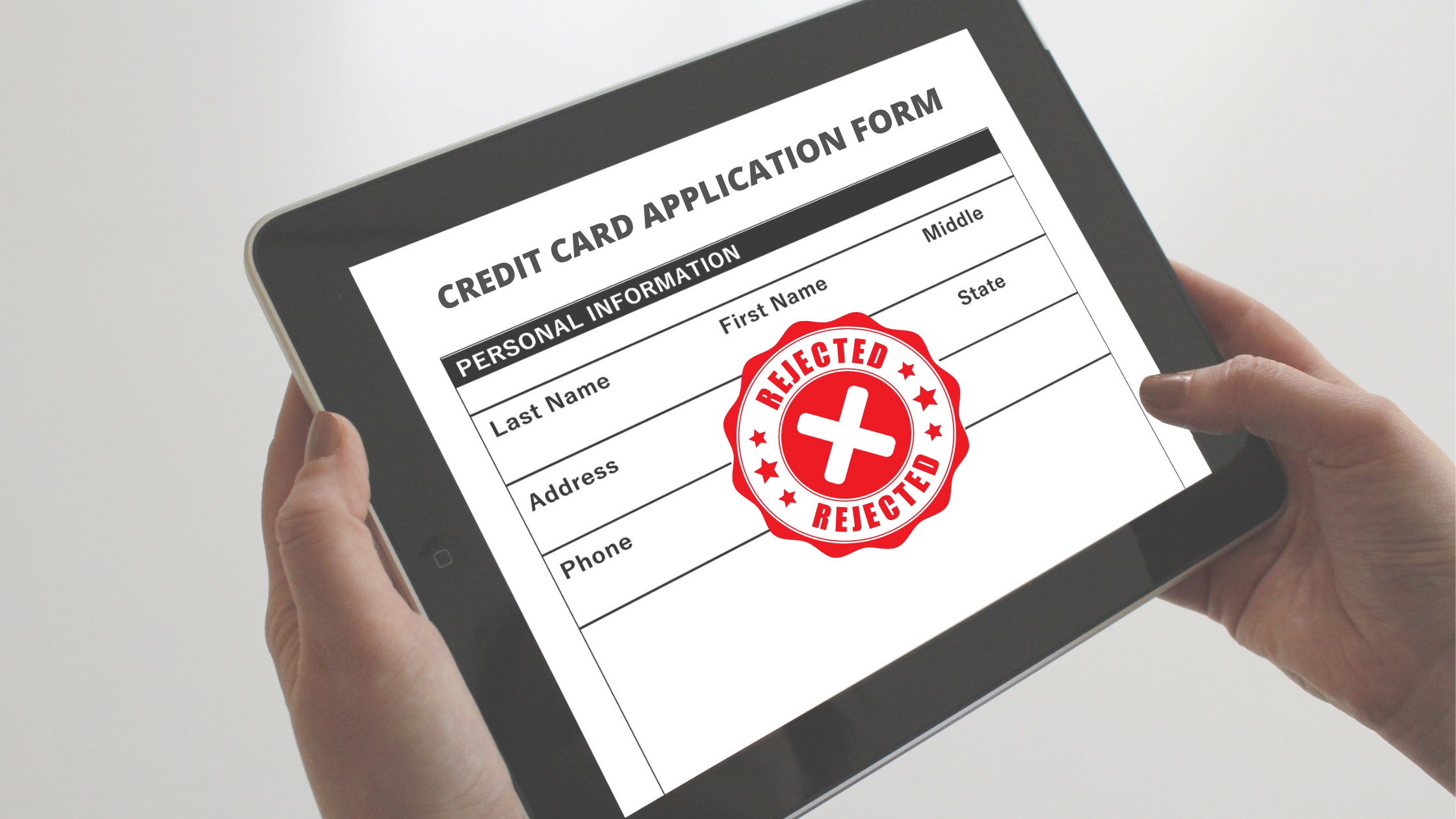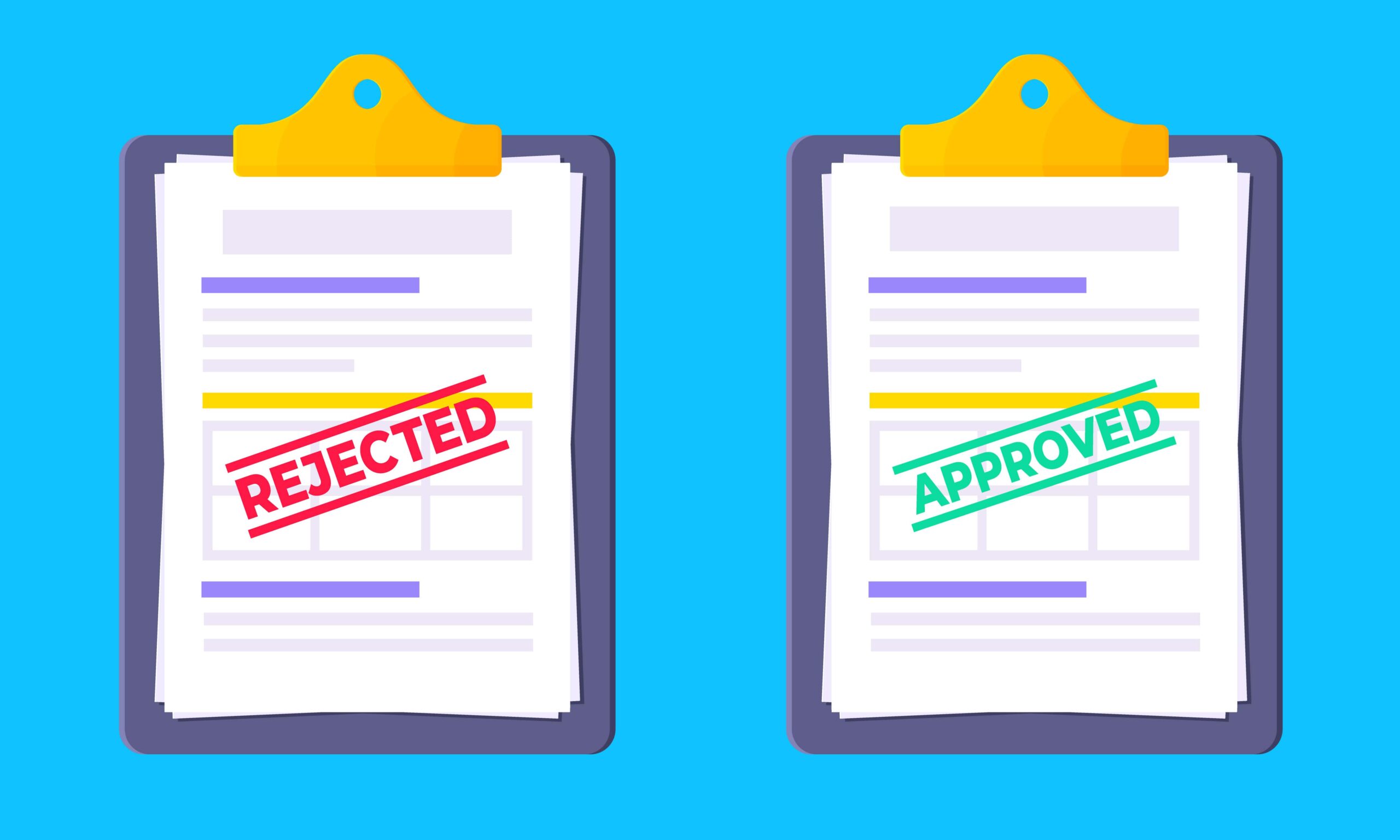If Your Application for a Credit Card Is Rejected Things You Should Do
Your Application for a Credit Card Is Rejected Things You Do
Table of Contents
The applicant makes the biggest error possible when they apply for another credit card so soon as their first request for the card is denied by the credit card company. In contrast to what most people believe, the larger the number of credit card applications you submit, the greater the likelihood that at least one of them will be denied. Your credit score will drop somewhat each time you submit an application for an additional credit card, and the more applications you submit, the more desperate you seem to be for credit. Because of this, the card providers are extra careful.

Carefully read over the letter of refusal
Even while credit card issuers have up to a month to notify you that your application for a line of credit has been denied, they often do so far sooner than that. In the correspondence or email that the credit card business issued, the grounds for being denied a card are detailed. These reasons include having an excessive amount of outstanding debt, having a low CIBIL score, having insufficient monthly income, and other similar reasons. You are obligated to conduct a comprehensive review of the refusal, notwithstanding the motivation behind it. For instance, if your application for a loan or credit card was denied owing to your low income, you should try to improve your financial situation before reapplying. If you want to enhance your income, you should think about picking up a second job.
Examine the Report of Free Credit
A low credit score is the primary factor considered when deciding whether or not to approve an application for a card with a credit limit. If your application is rejected for the identical reason as the previous one, you have the right to make a request for a free credit check or reports within a period of 60 days after getting the notice of refusal. After you have received the credit report, carefully go over it to look for any errors or inconsistencies.

Lenders may sometimes postpone disclosing loan or cards the payments, which may have the effect of lowering an applicant’s credit score. In the event that you discover such inconsistencies in your credit score, you must promptly bring them to the inquiry of the credit reporting agency. After the credit agency has improved your score, you have the option of requesting that the bureau resubmit your file to the card issuer, asking them to take another look at your application for a line of credit.
Therefore, the third step you are required to do after getting the news that your application for a credit card was refused is to review your no-obligation credit report and contact the credit reporting agencies if you find any inaccuracies in the computation of your credit score.
Engage in Discussions and Bargaining with the Card Issuer

This is the piece of advice included in this article that is the simplest to put into practise. Applicants for credit cards often fail to provide all of the information that is seen as being relevant by card issuers. On the credit card request form, for instance, you can forget to list other sources of income when you talk about your monthly gross income. Therefore, when you have been informed that your “credit card registration has been declined,” you should assess the many sources of your income and educate yourself with the entire sum, of which the paycheck is a component.
Create a Protected Credit Card Account Today
After getting the notice that your request for a credit card has been refused, seeking a secured debit card is another certain approach to boost your chances of having your card application approved. Secured credit cards, as opposed to unsecured credit cards, are given out in exchange for either a set deposit or an earlier insurance amount that is kept in the applicant’s savings account. Standard credit cards do not need collateral.





Leave a Reply